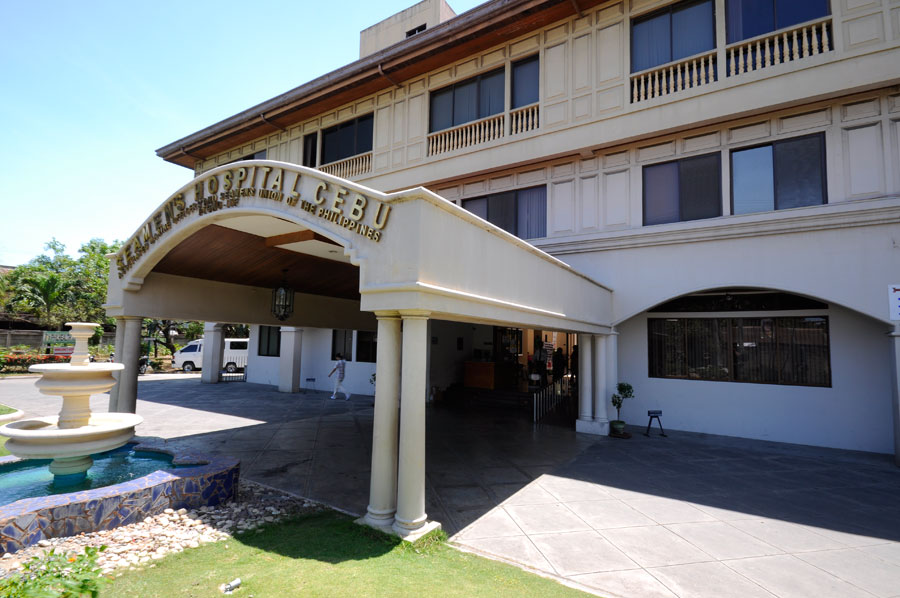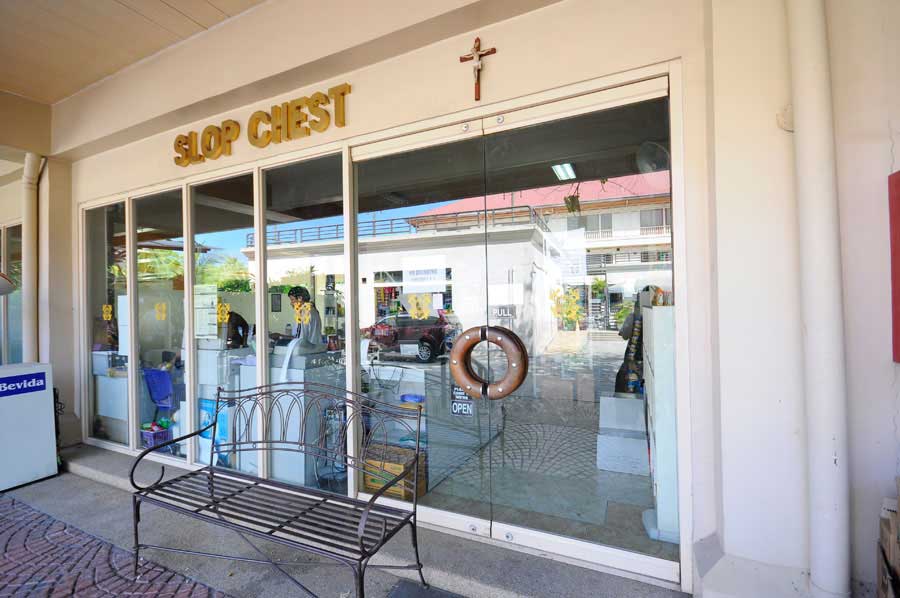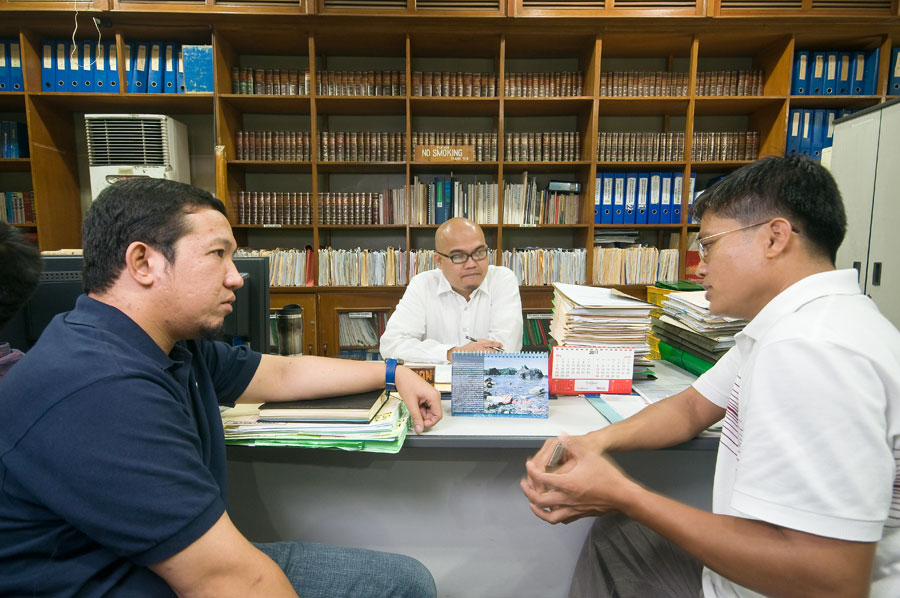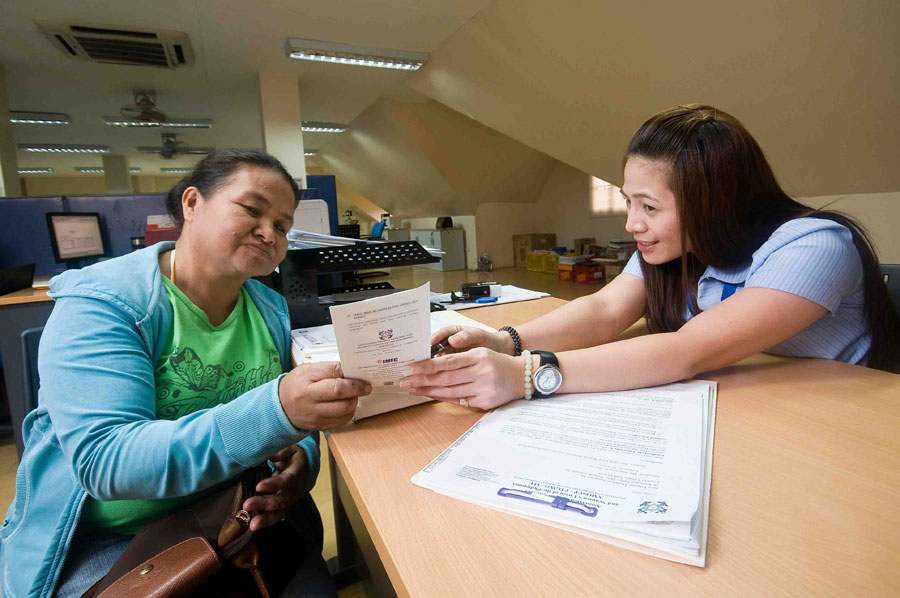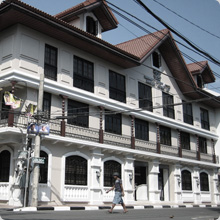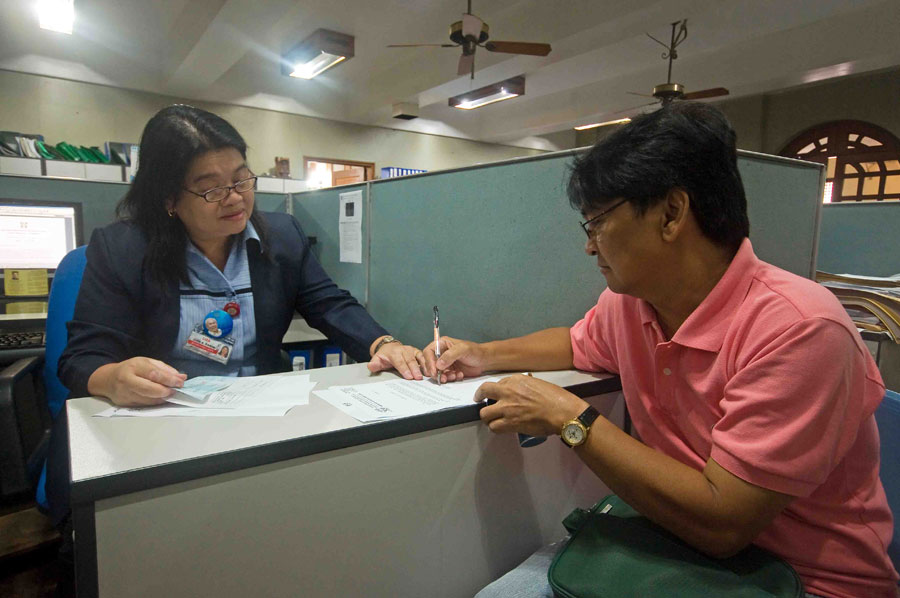
The department also renders service projects geared towards health and wellness programme for AMOSUP Seamen’s Village in Dasmarinas City
The Department of Family and Community Medicine at AMOSUP Seamen’s Hospital in Manila and Cebu have been providing great value to the delivery of health and medical services to seafarers and their dependants. Caring for Overseas Filipino Workers such as the seafarers including members of their family comprised the holistic, patient centred approach in the practise of health management that is important to the sector.
Without addressing the psycho-social issues affecting their health, it will be difficult to solve the fragmented, disease-based healthcare programme that most medical facilities are implementing. In this regard, the Department is embarking on several endeavours in helping AMOSUP achieve its mission to provide quality services to union members and their families. These are training, service program and research.
The Department looks forward to spearheading activities in the Maritime Occupational Health and Safety Fellowship Program in the advancement of research in the country as it starts collaborating with a reputable academic institution for this development.
Apart from the department’s effort in servicing members and dependants in the Seamen’s Hospital, it also renders service projects geared towards health and wellness at the AMOSUP Seamen’s Village in Dasmarinas City, Cavite. This project called Wellness and Vitality for every Seafarer’s Family (WAVES) also aims to prevent diseases through healthy lifestyle and adherence to a happy family life.
Another recent contribution of the department is the establishment of the AMOSUP MedKonek Telehealth system, which aims to recommend medical management to on-board seafarers through the use of telecommunication and digital technology 24/7 basis. Over six months of its implementation in 2016 when it was implemented, the Telehealth service was able to provide medical help to approximately 30 consults monthly and prevented life-threatening complications to most of the consults on board.

Frontline specialty
Family medicine is a specialty that is unfamiliar to many patients in our country but is well recognised as a frontline specialty of medicine in the western world, especially in the United Kingdom. The family medicine practitioner is a trained physician to competently manage a wide array of medical conditions not limited by age group, gender, and locality.
As such it is considered as the gatekeeper of many healthcare systems around the world. Cuba is an example that utilised family medicine as the cornerstone of their healthcare, making it the most efficient health system in the world because it achieved the best health indicators with minimal expenditure on health compared to a well-resourced and developed country. With the adaptation of Universal Health Care (UHC) in most countries, family medicine is growing fast especially in the ASEAN region because family medicine is needed to have a strong primary care.
In the Philippines, family medicine took its first breath in the 1960s when a group of 15 general practitioners formed the Philippine Academy of General Practitioners that became the Philippine Academy of Family Physicians (PAFP) in 1972. It is one of the eight recognised by law in the specialty divisions of medicine by the Philippine Medical Association and government agencies.

Residency training program
At AMOSUP Seamen’s Hospital Manila, the Department of Community and Family Medicine was created in 2009 under the vision of the late Capt Gregorio Oca to respond to the care of increasing number of patients for the growing hospital. The first step towards this vision was taken by Dr Marlene Checa who became the head of the Outpatient Department of the hospital.
Soon after, the hospital invited Dr Leilanie Nicodemus in November 2009 to create not only the foundation of the Department as a group of physicians to provide the service to the hospital, but also to establish an innovative residency training program in family and community medicine. The innovative approach enabled the existing medical consultants in the hospital to undergo training while maintaining their current practice.
The Department was able to integrate itself in the hospital system by taking an active part as the first contact physician of union members and their family seeking consult at the outpatient department and emergency department during the first year of its existence. This has been extended to other major services in the hospital such as in Surgery, Pediatrics and Medicine as well.
Through the years, the effort of the department did not end in providing efficient patient-centered medical care but brought numerous recognitions to the hospital. With the relentless efforts of the trainers, the department gained high grades, not to mention the top-three ranking as fully accredited training hospital under the PAFP on its first year of existence and maintained the high standards for the succeeding yearly accreditations for three consecutive years.
The department has been producing well calibrated resident physicians who have landed within the top 10 positions in the annual in-service examination given by the PAFP, which is an examination given to all resident physicians in their senior years all over the Philippines to gauge the quality of training being implemented. To date, its four-year residency training programme has 24 graduates who are making major contributions in the practice of the primary healthcare in the country.

